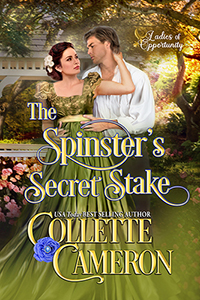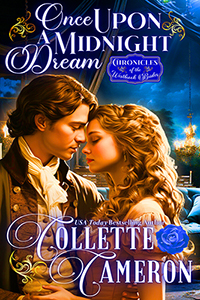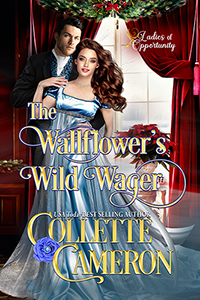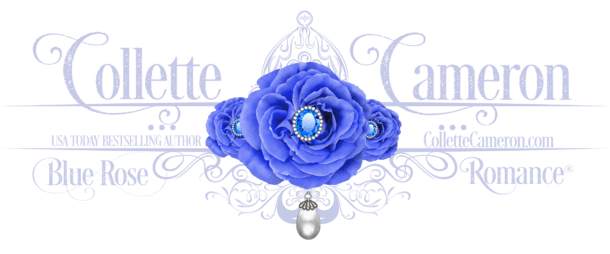A few weeks ago, I saw a rather lengthy thread on The Beau Monde forum of Romance Writers of America. It seems a disgruntled reader had not only written a harsh review, but emailed the author with her complaints.
No, this post isn’t about reviews or troll reviewers, but rather, what irritates readers.
I know there are things that will rub me the wrong way when I come across them in my reading, and I’m sure there are those things that make you cringe too. I haven’t, as yet, felt the need to email an author and share my insight, however.
Anyhow, I asked on Facebook what irritates readers because I was curious of there were any commonalities.
Here’s what I found:
1. The story better have a great beginning and ending.
Readers want to be hooked and engaged from page one. They want action, something to keep them turning the pages, and they hate it when a book is great up until the end, but the finale is rushed leaving them dissatisfied.
2. Unoriginal, same old tropes, story, and same conflict and motivation.
More than one person who responded mentioned well-known authors who’ve gotten sloppy in this regard. They’ve fallen back on what worked before but doesn’t anymore, over and over again. Unfortunately, those authors have lost loyal readers as a result. Yes, we’ve all heard nothing is ever new, but you can give your plot a slightly different spin, add a unique element, something to make it original.
I didn’t say it was easy. But, if you want to keep your readers, then you’d better work at it.
3. Readers are annoyed when characters behave in ways that are outside or inaccurate for their time period or culture.
Along those same lines, too much period speech. The general message was a little goes a long way.
4. Sloppy formatting and poor editing.
Yes, readers notice, especially when it yanks them out of the story. I had this happen recently. No, it wasn’t anyone I know, but the formatting was all messed up, and the glitches kept me from concentrating on the book. I haven’t finished that book and am not sure I will.
5. Research, research, research.
I thought maybe it was only authors who got their knickers in a twist when they came across inaccurate information. After all, if you write that genre, you’re likely to know what’s up, right? Wrong. Readers of specific genres know their stuff. Most are willing to overlook minor mistakes if the story is compelling.
Huge, glaring gaffes will earn you censure, and likely a visit from our hairy, smelly, under-the-bridge friend, and she’ll likely bring her entire family along too.
I just changed the spelling of whisky in my last three books for two reasons. First, whisky is the way the Scots spell the burn-a-scorching-path-to-your-gut spirit, and second, the spelling whiskey didn’t come along until after the period my books were written in. A reader caught the mistake (She’s also an author) and very graciously pointed it out to me.
6. Insta-lust (What a term!) was a huge no, no, even in erotica.
Readers want a story that includes something other than gymnastics in the bedroom . . . or kitchen . . . or car. The sex should NOT be the main focus of the story, but a good story with humor will cause your readers to overlook a lot.
Ya wanna know why? (I wrote a whole blog on this, so I know!) Humor does the same thing to your brain sex does. So a giggle is as good as a . . ., well, you know.
I have a new release, The Earl’s Enticement, the final book in my Castle Brides Series. When my galley arrived many of the hyphenated words (period appropriate) had been changed to compound words. No biggy, at least not in my mind, but again, it got me to thinking.
Naturally, I tootled over to Facebook, my one-stop go to place for scientific inquiry, and asked this.
How much do you care about particular word usage accuracy in the historicals you read? I’m thinking of words that were hyphenated or separate words during the era I write in (early 1800s) but are compound words today.
Would you, as a reader notice, and if so, would you think:
A. The compound is historically inaccurate
B. The hyphenated word is misspelled
C. I don’t give a rat’s whisker!
Some of you may have seen the post over there. Guess what, though? Overwhelmingly, people chose C!
What would you pick?
I’m telling your right now, somebody’s gonna say something about historical inaccuracy in The Earl’s Enticement as a result of the changes. That’s the nature of publishing.










